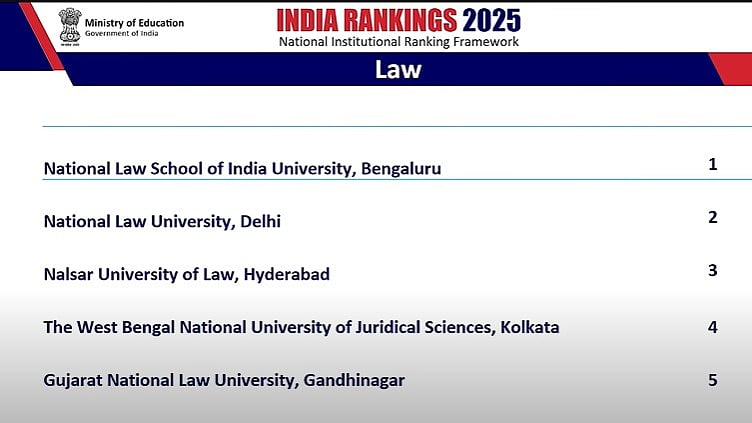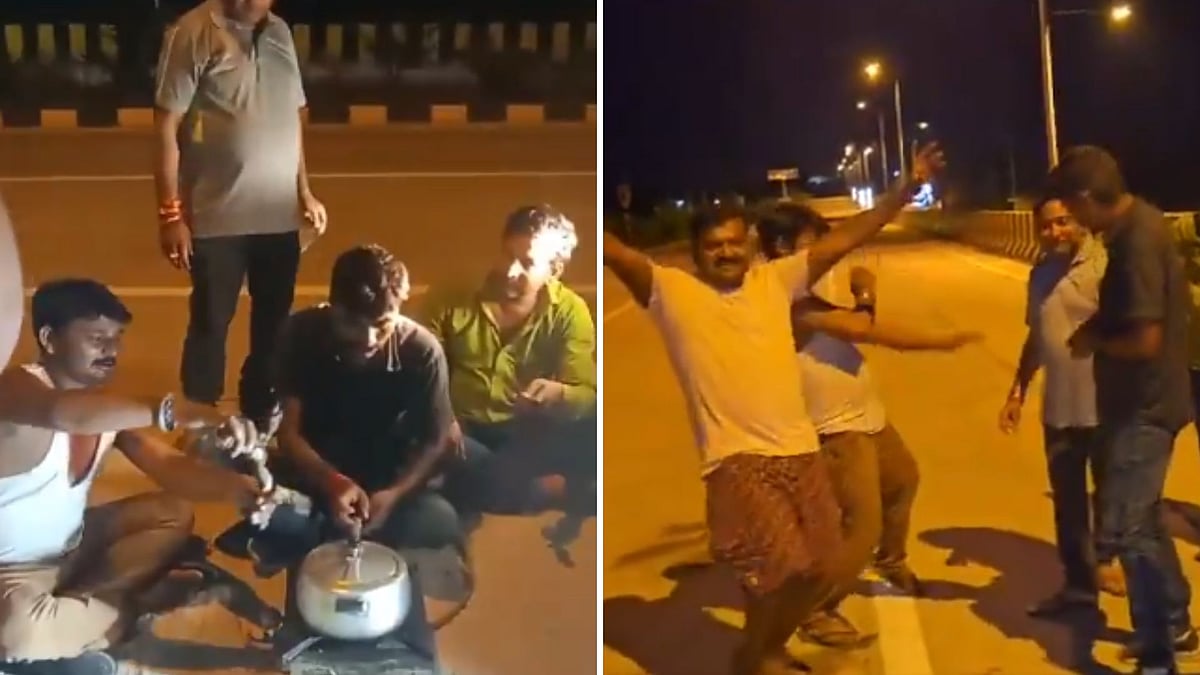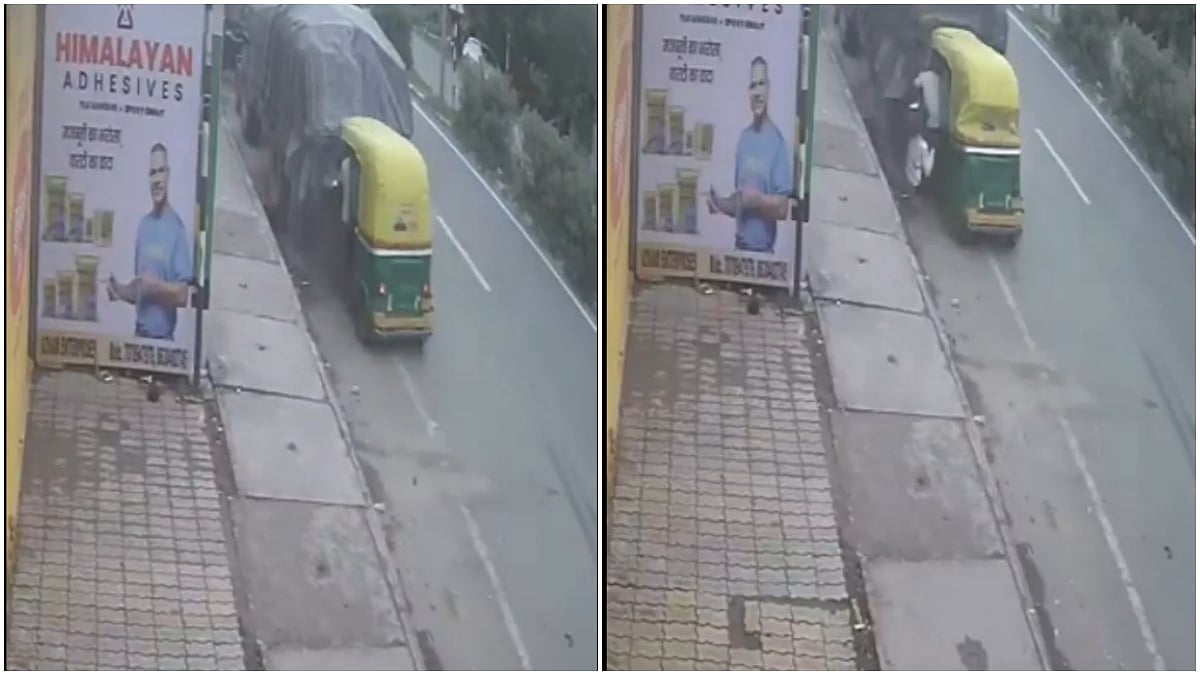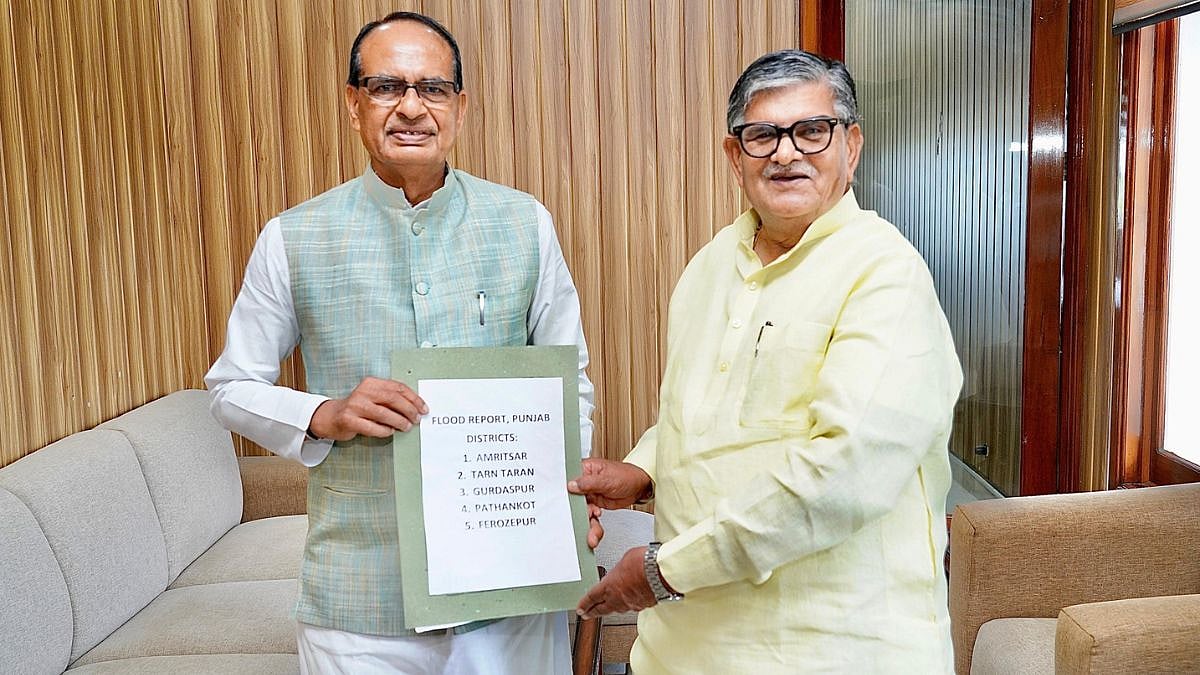New Delhi: Congress MP Jairam Ramesh on Thursday questioned the role of the GST council, asking whether it has been reduced to "formality" by citing Prime Minister Narendra Modi's prior announcements regarding the tax reforms during his August 15 speech.
The Congress MP said that Union Finance Minister made major announcements following the GST council meeting; however, the decisions were proclaimed by PM Modi during his Independence Day speech.
Congress MP Jairam Ramesh's Tweet
"The Union Finance Minister has made major announcements last evening after the meeting of the GST Council, which is a constitutional body. However, even before the GST Council meeting, the Prime Minister had already proclaimed the substance of its decisions in his Independence Day speech of August 15th, 2025. Is the GST Council to be reduced to a formality?," Jairam Ramesh wrote on 'X'.
He stressed that the Congress party had been advocating reforms in the GST for a long time, which would reduce prices and tax cuts on a lot of large consumption items. He noted that the reforms would place a compliance burden on MSMEs and expand GST coverage.
"The Indian National Congress has for long been advocating for a GST 2.0 that reduces the number of rates, cuts the rates on a large number of items of mass consumption, minimises evasion, mis-classification, and disputes, does away with inverted duty structure (lower tax on output as compared to inputs), eases the compliance burden on MSMEs, and expands GST coverage," Jairam Ramesh said.
Ramesh referred that the Congress party had pointed out the flaws in the structure of GST when it was implemented in 2017, stating that the Finance Minister has also accepted the fact that it has reached a "dead end". He said that the GST was supposed to be a "Good and Simple Tax" but was turned into a "Growth Supressing Tax".
"Faced with a lack of buoyancy in private consumption, subdued rates of private investment, and endless classification disputes, the Union Finance Minister has finally recognised that GST 1.0 had reached a dead end. In fact, the very design of GST 1.0 was flawed and this had been pointed out by the INC way back in July 2017 itself, when the PM had made one of his typical U turns and decided to introduce GST. It was meant to be a Good and Simple Tax. It turned out to be a Growth Supressing Tax," he said.
The Congress leader further highlighted that the wait for a real GST 2.0 reform will continue citing that the benefits of the recent reforms will benefit the consumers. He also highlighted the importance of demands made by the state governments to increase their compensation for the next five years so that it can protect their revenues.
"Last evening's announcements have certainly made headlines since the PM had already laid down the pre-Diwali deadlines. Presumably the benefits of rate cuts will be passed on to consumers. However the wait for a true GST 2.0 continues. Whether this new GST 1.5, if it can be called that, stimulates private investment - especially in manufacturing - remains to be seen. Whether this will ease the burden on MSMEs, time alone will tell. Meanwhile one key demand of the states made in the true spirit of cooperative federalism -- namely, the extension of compensation for another five years to fully protect their revenues-- remains unaddressed. In fact, that demand assumes even greater importance now," the 'X' post said.

In a significant simplification in the GST regime, which will benefit the common man, Finance Minister Nirmala Sitharaman on Wednesday announced consolidation of 12% and 18% slabs into a dual rate structure of 5% and 18% besides 40% for sin goods.
The simplification is part of the "Next-Generation GST" reform initiative, designed to boost affordability, consumption, and economic efficiency.
Items on which GST has been reduced to 5% include hair oil, toilet soap, soap bars, shampoos, toothbrushes, toothpaste, bicycles, tableware, kitchenware, and other household articles.
Items on which GST has been reduced to zero from 5% include ultra-high temperature milk, chena and paneer. All Indian breads will be available at a nil rate. So roti or paratha or whatever it is, they all come to nil.
There is a reduction of GST from 12% or from 18 % to 5% on food items- namkeen, bujjiya, sauces, pasta, instant noodles, chocolates, coffee, preserved meat, cornflakes, butter, and ghee. All these will be in 5% category.
(Except for the headline, this article has not been edited by FPJ's editorial team and is auto-generated from an agency feed.)












